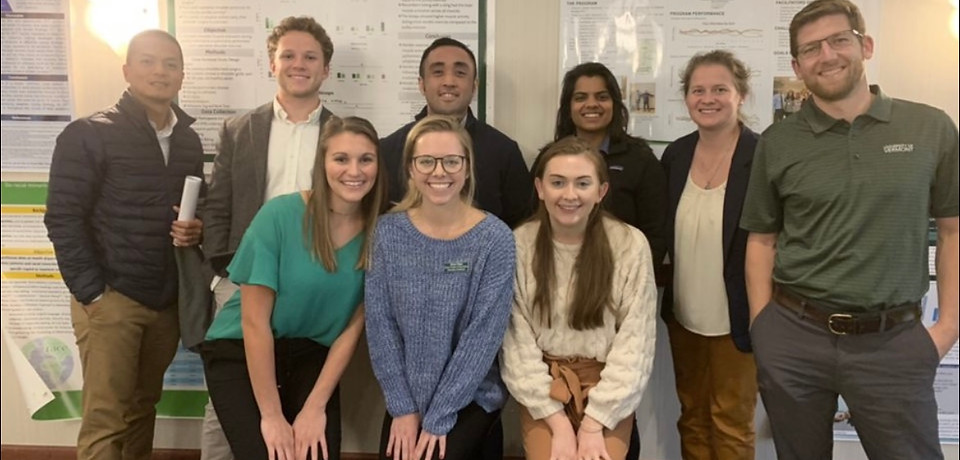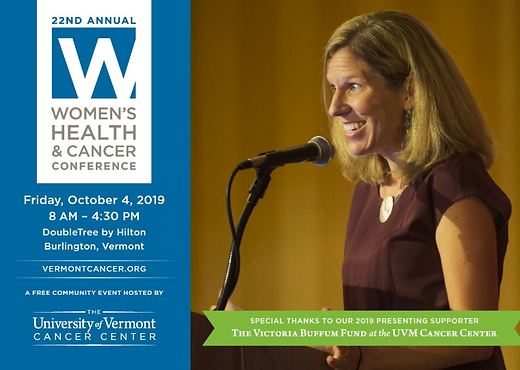
Evidenced based practice is applying the best research to clinical decision making with the aim of improving patient outcomes. This includes being able to use the experience you have gained through practicing, along with your academic training and applying it to clinical reasoning. This can then be utilized in conjunction with the patient’s needs, experience, situation, and values to be able to justify decisions for care that best suits your patient.
Research Project: Content Validity of Patient Reported Outcome Measures: Considering the Patient’s Perspective
Purpose:
Understanding chronic pain requires a consideration of the lived experience of the patient. There is limited evaluation of the content validity of patient-reported outcome measures (PROMs) in chronic pain in terms of a biopsychosocial view of the patient’s experience. To address this gap, the present study aimed to evaluate the content validity of these PROMs.
Methods:
We performed a literature review to identify chronic pain PROMs. Concepts from PROMs were linked to the ICF, the ICF Core Set for Chronic Widespread Pain (CWP), and the ICD-11 Functioning Patterns of Chronic Pain (FP). We also compared the concepts to published “attributes'' of chronic pain.
Results:
We identified 62 PROMs containing a total of 1336 items linked to 560 unique second level ICF categories. The greatest number of items across PROMs were represented in the Activities and Participation category (44% of all total items), followed by Body Functions (41%), Environmental factors (9%), Personal Factors (5%), and Body Structures (0.3%). 78% of items matched with the Core Set for CWP and 41% matched with the ICD-11 FP. 20% of items reflected the pain- experience attributes with the greatest number of items reflecting the concept of “control over pain.”
Scientific Inquiry and Research
-
Defend outcome of a research project that represents evidence-based practice and its impact on the community
Personal Background: When it came time to choose a research project for my Doctorate in Physical Therapy program, I was interested in knowing more about the accuracy of outcomes measures with respect to how it correlated with the patient’s experience and patient related attributes. I wanted to understand how well it factored in the components of the biopsychosocial model due to the fact that my experience in clinic was that patients did not feel it accurately represented what their limitations were, and how their experience with pain affected them.

How this influenced my development as an SPT:
This project has forced me to grow in so many ways as a student, a clinician, and possibly a future researcher. Research and methods was not of particular interest to me during undergraduate school. This project has contributed toward increasing my confidence in conducting research, as well as developing the communication skills needed to work with a team. Lastly, after presenting at UVM's Ziegler Conference,there was an immense sense of pride upon completing such a professional milestone in our academic careers.
I am extremely grateful to have been part of a project that could contribute toward making sure we capture our patient perspective in a more efficient manner. As a future physical therapist, I will continue to apply and promote evidenced based research to justify my clinical decision making skills and use that to help and educate my patients.



Integrative Clinical Experience (ICE) 1,2,3:
Description: The University of Vermont’s Doctor of Physical Therapy Program is partnered with many local clinics who provide various opportunities for students to develop their hands-on skills. I started my first ICE experience in February of 2020 just before the COVID-19 pandemic hit at Long Trail Physical Therapy where I was first able to apply the skills and knowledge learned in school to a clinical setting. Here I was able to refine my skills using goniometry, perform MMT’s, contribute toward exercise instruction, evaluation techniques, and manual therapy interventions. My second ICE experience was via Telehealth at Dee Physical Therapy in Hinesburg, VT where I developed an entirely new skill set with regards to telehealth, and the implications and challenges involved in providing care via a computer. Lastly, Spring of 2021 my last ICE experience was at Rehab Zone Physical Therapy. This was a privately owned clinic owned by a therapist who specializes in manual therapy and is certified through the Institute of Physical Art (IPA) in Functional Manual Therapy (FMT). During this experience I was able to learn and develop a skill set that went beyond what was taught in PT school as far as examinations, evaluation, assessment, and treatment, in addition to more hands-on manual techniques and progressions of care as per the IPA paradigm.
How this influenced my development as an SPT:
These experiences combined have exposed me to a variety of different caseloads that have contributed toward my growth as an SPT by helping me advance my skills and practice while also providing a safe space for collaboration. This was an opportunity to safely fail and learn from my mistakes before being sent out for clinicals without the anxiousness of being perfect. I found that the combination of these experiences have helped me to apply what I have learned throughout my academic career and has played an essential role in my professional development. It has forced me to limit the use of jargon terms, and get in the habit of
explaining things in more layman's terms to educate patients in a way that makes sense to them. With each experience my confidence as a PT has grown and these experiences have been critical in preparing me for my clinical rotations. Each therapist that I have worked with along the way has taught me an abundance of skills that I continue to use to this day in the clinic.
Physical Therapist Expertise
-
Collaborate with community clinicians on knowledge translation of physical therapist expertise
Patient/Client/Community Perspective
-
Incorporate the role of patients/clients in decision- making in the clinic or community center
Inservice- Motivational Interviewing (MI):
Description: “MI is a collaborative, goal-oriented style of communication with particular attention to the language of change. It is designed to strengthen personal motivation for and commitment to a specific goal by eliciting and exploring the person’s own reasons for change within an atmosphere of acceptance and compassion.” Its bases evolves around the idea that it is the way that you talk with patients that influence their personal motivation. By providing them with a sense of self-efficacy Vs. just telling them what to do, will play a role in patient adherence.
MI teaches yout to meet patients where they are, and where they stand in the Transtheoretical Model of change. When the patient is a part of the their plan of care their compliance and participation are shown to have better outcomes. The heart of MI revolves around change talk: Desire for change, ability for change, reasons for change, and need for change. MI is also commonly known to elicit, provide, and elicit information.
How this influenced my development as an SPT:
Learning about MI, and being able to translate this knowledge to the clinic both have contributed toward my growth as an SPT. My last clinic had never heard about motivational interviewing previous to my presentation at the in-service.


APTA Vermont Annual Fall Conference – 2019
Description: The VT APTA hosted a Fall Conference in 2019 where speakers talked about a variety of topics such as Motivational Interviewing, Manual Treatment of the Cervical Spine and Cervicothoracic Junction, The Science and Evidence of Medicinal Cannabinoids, and lastly, ACL Injury Risk and Prevention. This conference was a great experience for education, networking, and obtaining continuing education units.

How this influenced my development as an SPT:
This influenced my growth as an SPT by aspiring me to join the APTA beyond being just a member. I fully support advocacy for our profession and would love to get involved at a greater level. In addition, this conference elaborated further on topics we have covered in our program, and it became my first exposure to hands-on manual therapy of the cervical and cervicothoracic spine. It was amazing to see the passion that Jeff Albertson has for what he does and the opportunity to learn more about his clinic at VASTA. VASTA also specializes in sports rehab and performance, which is an area that I am passionate about. This was a bridging point for me to then further shadow and attend a class at VASTA and learn about injury prevention with skiing. Another topic that I related to during the conference was the lecture by Dr. James Slaughterbeck about ACL injury risk and prevention. Together between what I learned from VASTA and Dr. James Slaughterbeck’s lecture, this has improved my knowledge and treatment applications to ACL injuries and being aware of appropriate return to sport protocols.
22nd Annual Women’s Health and Cancer Conference
Description: The University of Vermont’s Women’s Health and Cancer Conference is an educational event that works toward empowering and supporting individuals and the communities that are knowledgeable about cancer prevention, detection, treatment, and survivorship. This was also an opportunity for the Doctor of Physical Therapy students at UVM to participate in free screenings, attend educational seminars, and give a presentation on how physical therapy can play a part in cancer treatment and the benefits of exercise for this population.
How this influenced my development as an SPT:
This influenced my development as an SPT by providing an opportunity to obtain information about the support and wellness options in the community, as well as learn about the most up to date evidence in treating various types of cancers. Nikoletta Sidiropoulos, MD also kicked off the conference with a inspirational keynote presentation titled Genomic Medicine: A Cornerstone of Precision Cancer Care, that blew my mind. This conference really solidified how important a team-based approach is to care from each profession in the medical field. Being able to walk from booth to booth and absorb as much information as possible was empowering.
